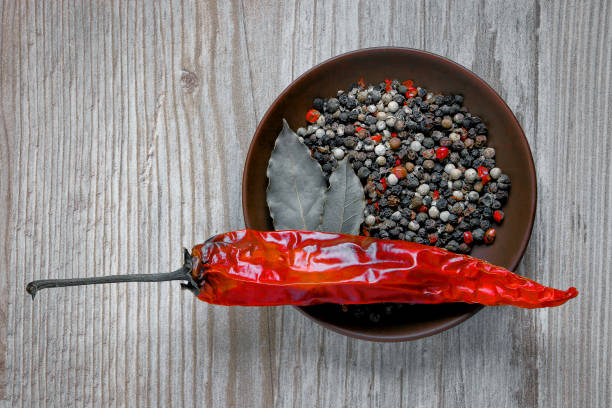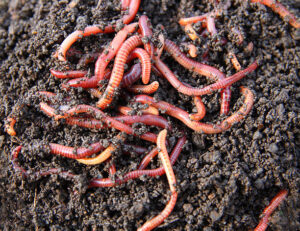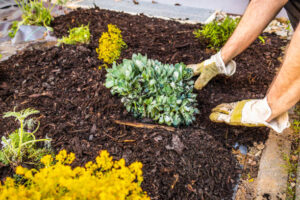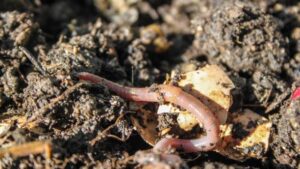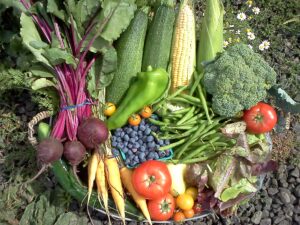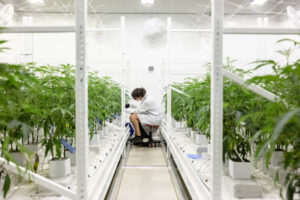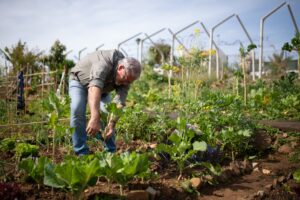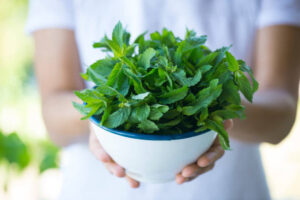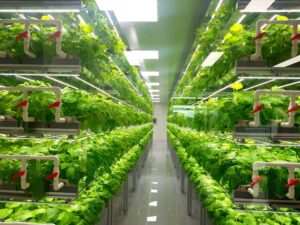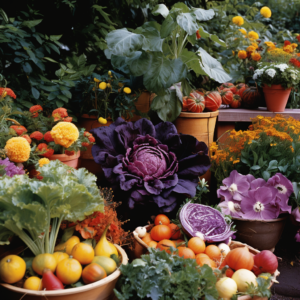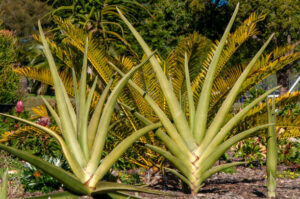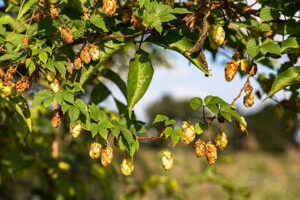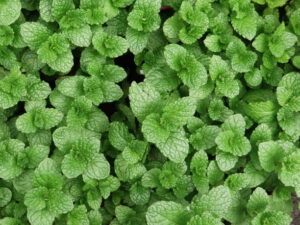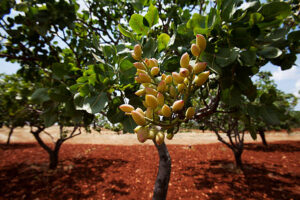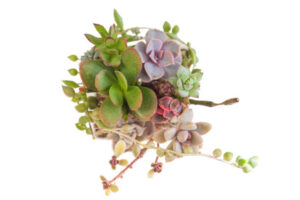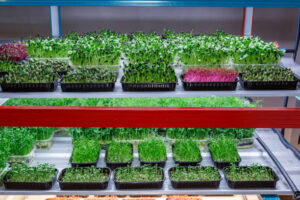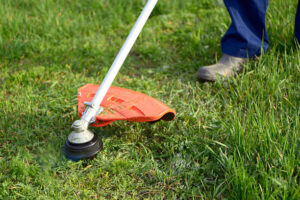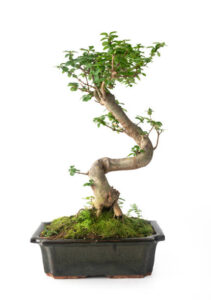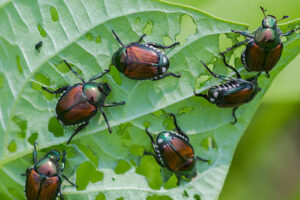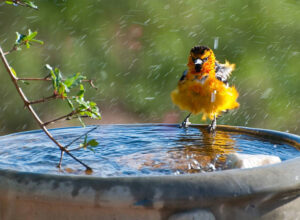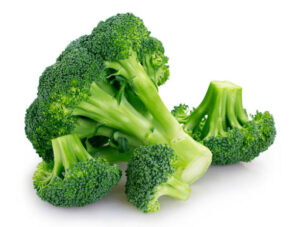Overwintering Peppers: Keeping Your Plants Healthy
Introduction
As the gardening season draws to a close, the question of how to care for your beloved pepper plants during the winter months becomes a crucial consideration. Overwintering peppers requires a thoughtful approach to ensure the well-being of these heat-loving plants, providing them with the care they need to thrive again come spring. In this guide, “Overwintering Peppers: Keeping Your Plants Healthy,” we’ll unravel the secrets to successfully nurturing your pepper plants through the colder months, ensuring they emerge robust and ready for another fruitful season.

Understanding Overwintering
Overwintering is the practice of protecting plants from the harsh conditions of winter to encourage their survival and growth in the following seasons. For pepper plants, which are typically grown as annuals in colder climates, overwintering becomes a valuable strategy to extend their productive life. By providing the right conditions and care during winter, you can help your pepper plants rebound with vigor when the warmer days return.

Preparing for Overwintering
As temperatures start to drop, preemptive measures can make the overwintering process smoother. Begin by carefully inspecting your pepper plants for pests or diseases. Remove any damaged or diseased foliage and treat the plants with insecticidal soap if necessary. This proactive step ensures that your plants enter winter in the healthiest possible condition, minimizing the risk of issues during dormancy.
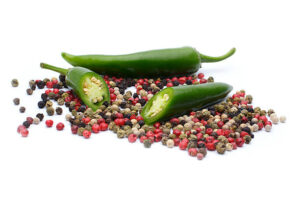
Choosing the Right Plants
Not all pepper plants are created equal when it comes to overwintering. Some varieties, particularly hot peppers, tend to overwinter more successfully than sweet peppers. Compact and bushy varieties are generally better suited for indoor conditions. Consider selecting pepper plants with smaller fruit and a more manageable size, as they adapt more readily to indoor environments.
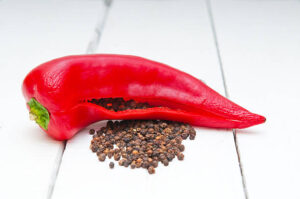
Bringing Peppers Indoors
One common method of overwintering peppers is to bring them indoors before the first frost. Prioritize plants that are in good health and free from pests. Carefully dig up the plants, ensuring you retain a good portion of the root system. Pot them in containers with well-draining soil, and place them in a sunny location indoors. Peppers require a minimum of six hours of sunlight daily, so choose a south-facing window or supplement with artificial lighting if needed.
Providing Adequate Light
Pepper plants are accustomed to long hours of sunlight, and replicating these conditions indoors is essential for successful overwintering. If natural sunlight is limited, consider using grow lights to provide the necessary illumination. Position the lights at an optimal distance from the plants to simulate the intensity of sunlight. Rotate the plants regularly to ensure all sides receive adequate light, preventing them from becoming leggy or uneven in growth.
Watering Carefully
During winter, the growth rate of pepper plants slows down, which means they require less water. Allow the top inch of the soil to dry out between watering to prevent overwatering and root rot. Use a well-draining potting mix and ensure that the containers have drainage holes to facilitate proper water drainage. Adjust your watering schedule based on the specific needs of each plant and the conditions in your indoor environment.
Gradual Transition in Spring
As the days lengthen and temperatures rise in spring, your overwintered pepper plants will begin to show signs of renewed growth. Gradually reintroduce them to outdoor conditions, starting with a few hours of sunlight and increasing exposure over a week or two. This acclimatization prevents shock and allows the plants to adjust to outdoor conditions, preparing them for another productive growing season.
Conclusion
Overwintering peppers is a rewarding practice that allows you to extend the life of your favorite plants and enjoy a head start in the next growing season. By understanding the needs of your pepper plants, providing proper care, and creating an ideal indoor environment, you ensure that they emerge from winter dormancy with vitality and resilience. As you embark on the journey of overwintering, relish in the prospect of nurturing healthy and robust pepper plants that will grace your garden with an abundance of flavors in the seasons to come.

